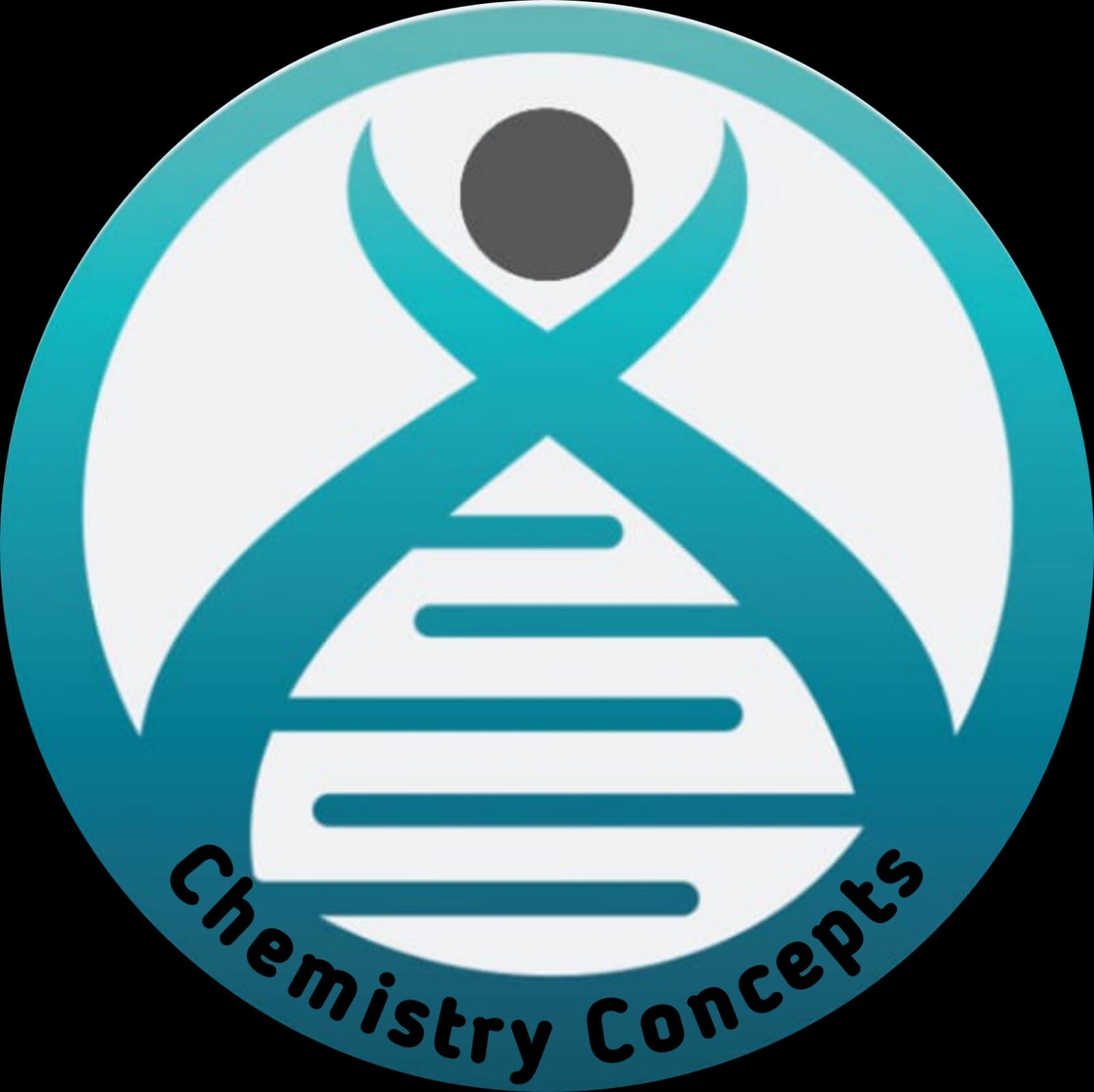Alcohols are a type of molecule that can be found in organic chemistry. Alcohols are composed of a hydrocarbon chain and a hydroxyl group. Alcohols are important because they are a type of molecule that can be oxidized. Oxidation is a process that allows for the transfer of electrons from one molecule to another. Alcohols are also important because they can form complexes. A complex is a molecule that consists of two or more molecules. Alcohols are important because they can form complexes with other molecules.
- Introduction
Alcohols are a type of organic molecule that are widely used in organic chemistry. This is because they are able to act as functional groups, which are groups of atoms that can react with other molecules to form new compounds.
Alcohols are also important because they can be used to create ethanol, which is a type of alcohol that is used as a fuel. Alcohols are also used in a variety of other industries, such as cosmetics and pharmaceuticals.
- Alcohols and Organic Chemistry
Alcohols are a central group of molecules in organic chemistry. They are the simplest organic molecules that are composed of one carbon atom and one hydrogen atom. Alcohols are found in many different types of molecules, including natural products, pharmaceuticals, and pesticides.
Alcohols play an important role in organic chemistry because they are able to combine with other molecules to form larger molecules. This is important because it allows organic chemists to explore new compounds and to create new types of molecules.
There are four types of alcohols: methanol, ethanol, propanol, and butanol.
- Alcohols in Organic Synthesis
Alcohols are a class of organic compounds that contain a hydrocarbon chain with a hydroxyl group at one end. The simplest alcohol is ethanol, which is also the simplest organic compound. Alcohols are found in many natural products, such as fruits and vegetables, and they are also used in organic chemistry.
Alcohols are important in organic synthesis because they are used to create other organic compounds. For example, alcohols are used to make esters, which are compounds that contain a hydrocarbon chain with a hydroxy group at one end. Esters are important in organic chemistry because they are used to create molecules that have multiple functional groups.
Alcohols are also used to create drugs. For example, ethanol is used to make morphine, which is a drug that is used to treat pain.
- Alcohols in Biochemistry
Alcohols are a class of organic compounds that contain a hydroxyl group at the carbon atom that is directly attached to a hydrogen atom. The simplest type of alcohol is ethanol, which is also the simplest organic molecule. Alcohols are ubiquitous in nature and are found in a variety of organic molecules, such as lipids, proteins, and nucleic acids.
- Alcohols and Drug Metabolism
Alcohols are a class of organic molecules that contain a hydroxyl group at the carbon atom with the furthest away from the oxygen atom. This class of molecules is essential for making many drugs, including caffeine, morphine, and cocaine.
Alcohols are metabolized in the liver into different molecules, including water, carbon dioxide, and acetaldehyde. Acetaldehyde is a toxic molecule that can lead to liver damage and death in high doses.
Alcohols are also important for organic chemistry because they are a building block for many other molecules.
- Alcohols in Toxicology
Alcohols are ubiquitous in organic chemistry and play an important role in many reactions. They are also important in toxicology, where their presence can indicate the presence of other chemicals that may be harmful.
Alcohols are often used as solvents and in chemical synthesis. They can also be found in products that are intended for human use, such as antifreeze, mouthwash, and cosmetics.
Alcohols can be harmful if they are consumed in large quantities. They can also be harmful if they are inhaled or ingested.
- Alcohols and environmental chemistry
Alcohols are ubiquitous molecules, found in both organic and inorganic chemistry. In environmental chemistry, they play important roles in a variety of chemical processes.
Alcohol can be toxic, and exposure to them can lead to serious health problems. They are also important intermediates in the manufacture of many pharmaceuticals and other drugs.
Alcohols are soluble in water, and they can evaporate quickly. They can also react with other chemicals to form new compounds.
- Alcohols in Food Science
Alcohols are ubiquitous in organic chemistry. They are used in a variety of reactions and are often required for the completion of many synthetic pathways. In food science, alcohols often play an important role in the preservation and flavor of food.
Alcohols can also be used as preservatives and as agents for the controlled release of flavors and fragrances. They are also used in bioengineering to produce new materials with specific properties.
- Alcohols in Pharmacology
Alcohols are ubiquitous molecules in organic chemistry. They are central to many important reactions and are essential for the synthesis of many psychoactive molecules. In pharmacology, alcohols are ubiquitous molecules that are central to the development of drugs and therapies.
- Conclusion
Alcohols are a key component of organic chemistry, and their synthesis is a common topic of study. In this article, we’ve reviewed the most common alcohols and summarized their properties. We’ve also described the methods used to synthesize these alcohols, and provided some tips on how to work with alcohols in organic chemistry.

